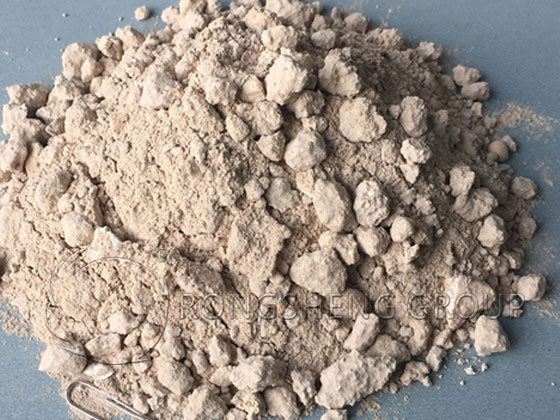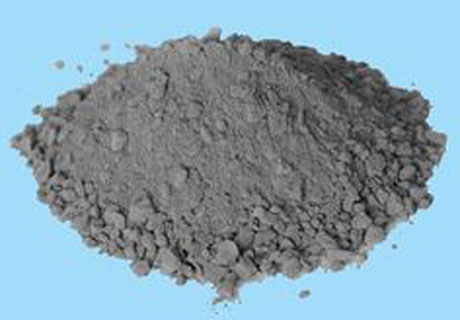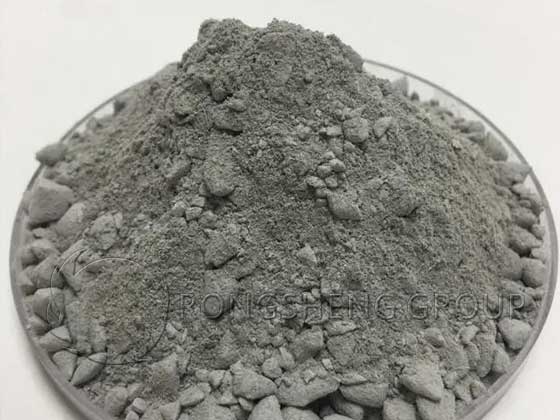
In 2024, the foreign trade B2B export sector is undergoing a profound transformation driven by AI and automation technologies. From a policy - driven perspective, governments around the world are increasingly emphasizing the development of intelligent manufacturing. For instance, the European Union has launched a series of initiatives to promote Industry 4.0, which includes significant support for AI and automation in manufacturing. On the enterprise side, companies are actively seeking ways to enhance their competitiveness in the global market.
AI and automation have become a must - have for export - oriented enterprises. They can improve production efficiency, reduce costs, and enhance product quality. According to a recent report, manufacturing companies that adopt AI and automation technologies can increase their production efficiency by up to 30% and reduce production costs by 20%.

Rongsheng, a leading manufacturer of lightweight insulating castables and other high - temperature materials, provides a successful example. Their automated production line can achieve high - precision customized production. For example, it can flexibly adjust the ratio of SiO2/Al2O3/MgO/CaO according to customer requirements. This not only meets the diverse needs of customers but also improves the consistency of product quality.
With the automated production line, Rongsheng can produce products with a precision of up to 0.1%, which is far beyond the level of traditional production methods. The company's products are also certified by ISO9001 and CE, which further enhances its brand credibility and global competitiveness.
Let's compare the efficiency, yield rate, and carbon emissions between traditional processes and AI - assisted production. According to SGS and ISO certified data, traditional production methods have an average production efficiency of 60% and a yield rate of 80%. In contrast, AI - assisted production can increase the production efficiency to 90% and the yield rate to 95%.

| Production Method | Production Efficiency | Yield Rate | Carbon Emissions |
|---|---|---|---|
| Traditional | 60% | 80% | High |
| AI - Assisted | 90% | 95% | Low |
In terms of carbon emissions, AI - assisted production can reduce carbon emissions by up to 40% compared to traditional methods, which is in line with the global trend of environmental protection.
We invited experts in the field of materials science and intelligent manufacturing to share their views on the future trends in the next five years. Dr. Smith, a well - known materials scientist, said, "In the next five years, AI and automation will become the mainstream in the manufacturing of high - temperature materials. They will not only improve the production process but also open up new application scenarios."
"The potential value for B2B customers is huge. They can get more high - quality products at a lower cost, and at the same time, they can also enhance their own competitiveness in the market." - Dr. Smith

Now, we pose three questions to you: Is your enterprise ready to embrace this wave of technological dividends? Can you take advantage of AI and automation to improve your production efficiency and product quality? Are you willing to join the global trend of intelligent manufacturing?
Explore the Future of AI and Automation in Manufacturing Now!

